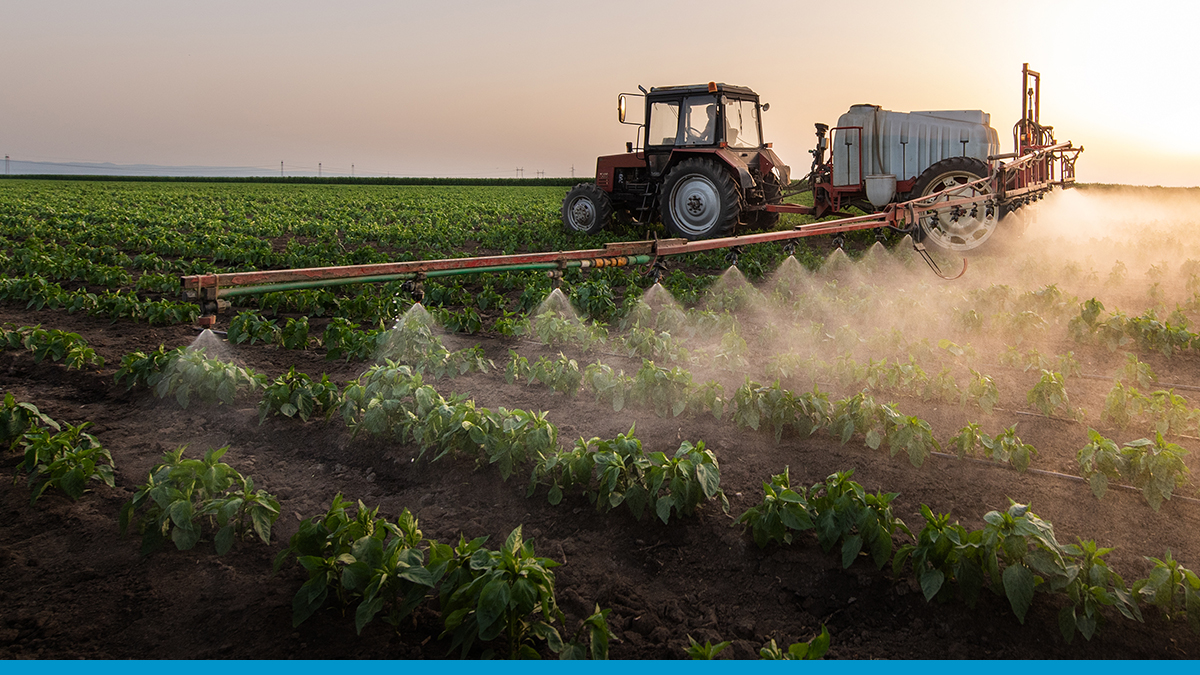Workshop On Ag Competition Held
The American Soybean Association (ASA) participated in a panel discussion last week on the competitive dynamics of the seed industry during a public workshop exploring competitive issues in agriculture hosted by the U.S. Department of Justice (DOJ) and USDA. The panel explored the competitive implications for farmers of significant shifts in the seed industry during the past 20 years in terms of seed price, choice, patents and licensing, and innovation at a workshop held at the Des Moines Area Community College in Ankeny, IA.
For soybeans, corn, cotton, and canola, farmers overwhelmingly have moved from using conventional seed varieties to seed with biotech-enhanced traits that help farmers better manage weeds and pests that reduce yields. Additionally, biotech-enhanced traits that improve the nutrition of crops or provide other consumer benefits are being introduced. Trait research and development increasingly has moved from numerous and diverse entities such as universities and independent seed companies toward major agriculture biotechnology firms that sell seed through their own brands or enter into license agreements with other seed companies. Patents covering the first commercially valuable agriculture biotechnology traits will expire in the coming years, raising questions about how the marketplace will handle the approaching transition to seed containing generic versions of those traits.
“Technology and continued innovation in the seed industry are vital to the future survival of farming as a viable career and to allowing farmers to feed a hungry world,” says ASA vice president Ray Gaesser, a soybean producer from Corning, IA, and a director and past president of the Iowa Soybean Association. “ASA believes that intellectual property protection and rewarding innovation is critical to maintaining the growth and development of the soybean industry. Over 25 different biotech or new novel traits for soybeans are in the pipeline to be commercialized over the next decade due to strong intellectual property protection and adequate returns on investment to innovators.”
“While supporting innovation, ASA also supports competition in all sectors of U.S. agriculture in order to enhance efficiency and reduce costs to soybean producers,” Gaesser says. “As we have examined issues around seed industry innovation and competition, there is uncertainty in the marketplace surrounding the process to ensure that foreign registrations for biotech traits are maintained once they go off-patent and become generic, uncertainty on access to data packages for stacks containing patented traits, and uncertainty on the terms of licensing agreements and potential restrictions contained within those agreements. This uncertainty needs to be solved, or else soybean farmers fear that both innovation and competition may suffer.”
ASA has expressed concerns arising from the approaching expiration of the first patents for agriculture biotechnology traits and the potential negative impact on soybean and soybean product exports in the event that foreign registrations of biotech traits are not maintained in countries that require them. Additionally, ASA has stated that it desires generic competition to flourish and seed prices to farmers to decline once the patents on patented traits expire.
“The first commercial soybean trait patent to expire will be for Roundup Ready Soybeans (RR1) in 2014, and patents on other soybean biotech traits will be expiring thereafter,” Gaesser says. “No industry, statutory or regulatory process currently is in place to facilitate the continued registration of ag biotech traits in key export markets after patent expiration. ASA favors an equitable industry-led approach to maintaining the registration of generic traits, or a statutory or regulatory approach if an equitable industry-led approach cannot be agreed upon. Such a process is essential in maintaining market access and competition as long as traces of a trait are identified in export shipments.”
There are multiple implications of patent expiration for international trade, including uncertainty about the process to maintain registrations in foreign markets. Soybean producers have learned that once an ag biotech trait is commercialized, it will be detectable for many years after registration is discontinued. Additionally, seed companies and plant breeders interested in offering generic versions of a trait after patent expiration need to know the process and cost of maintaining foreign registrations if they are to dedicate the time, money, and germplasm necessary to bring high-yielding seed varieties to the marketplace.
“ASA also supports enabling trait providers and seed companies to access and use, through agreements or other procedures that provide fair compensation, the data packages of a patented biotech trait for the purpose of preparing to register and commercialize seeds containing “stacks” of new biotech traits along with traits already commercialized,” Gaesser says. “ASA again supports and prefers a private sector approach to facilitate and govern this process. However, if an industry-led approach cannot be agreed upon, then a Federal government approach may be necessary to ensure that both innovation and competition are facilitated.”
“Finally, while license agreements are a common business practice and licensing in the seed industry has made new traits broadly available throughout the seed industry to farmers, it must be ensured that provisions in license agreements do not inhibit competition and continued innovation,” Gaesser concludes. “We need to support innovation, patent rights, and returns on investment, while allowing competition in both generic traits and new traits to thrive. Farmers and all of society benefit when we achieve this balance.”
At the request of the DOJ and USDA, ASA submitted comments in December 2009 expressing specific interest in competition in the seed, rail and fertilizer industries.
Four additional ag competitiveness workshops are scheduled during 2010 to discuss topics within the poultry, dairy, and livestock industries, and to look at discrepancies between the prices received by farmers and the prices paid by consumers.
To learn more about the pipeline of biotech events and novel trait releases, click here.
ASA represents all U.S. soybean farmers on domestic and international issues of importance to the soybean industry. ASA’s advocacy efforts are made possible through the voluntary membership in ASA by over 22,500 farmers in 31 states where soybeans are grown.






